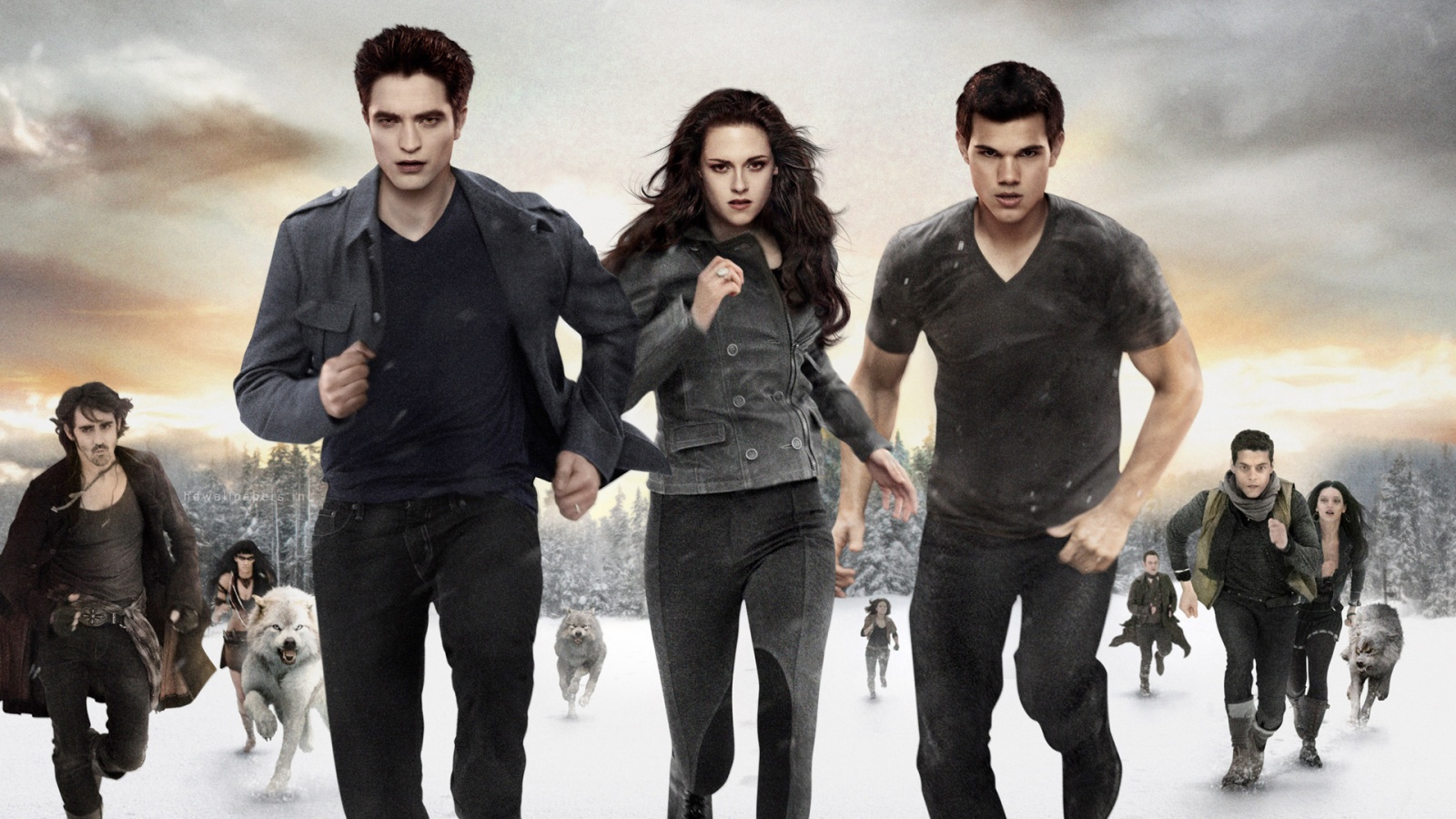#32 - The Shawshank Redemption
Frank Darabont, 1994

When a banker is accused of murder and sentenced to life in prison, he must rely on his wits and fellow inmates in order to survive.
The opening credits of
The Shawshank Redemption play out over a scene where the main character (Tim Robbins) is put on trial for committing double homicide. The judge is swift to point out how Robbins' unusually cool-headed demeanour in the face of such serious allegations only serves to incriminate him further in the eyes of the court - after all, only a vicious sociopath would respond so calmly to accusations of murder, right? The whole sequence serves as a pretty good metaphor for
The Shawshank Redemption itself - it's got such a sterling reputation that, even after multiple viewings, one just can't help but wonder just
what is actually wrong with it. Of course, when I first saw it many years ago I thought it was amazing. Despite its potentially banal premise about life inside a crumbling old prison and one inmate's refusal to let it get the better of him, I found it a consistently engaging film. While Robbins makes for a solid protagonist who projects an appropriately enigmatic aura without managing to prove standoffish, it's Morgan Freeman who provides the film's finest performance in a familiar role as guy-who-can-get-things-for-you inmate. The part also involves Freeman playing up career-defining characteristics such as his earthy demeanour and eloquent narration, which have rarely been used to such strong effect. An assembly line of recognisable character actors fill out some fairly simple roles just fine - of particular note are Bob Gunton and Clancy Brown as the warden and guard captain respectively, to say nothing of James Whitmore's brief but memorable turn as a kind older con.
One thing that readily became apparent to me on my most recent viewing is that
The Shawshank Redemption, for all its strengths, isn't a particularly weighty film. It tends to maintain a good pace for the most part, though it is prone to the occasional lull - in a rather ironic example, the entire sub-plot involving Gil Bellows as a rowdy youngster is definitely the biggest drag on the film even as his particular episode ends up being quite relevant to Robbins' own journey. The film's examinations of its themes, whether rendered in lengthy passages of voice-over or through earnest displays of symbolism (and even the occasional joke), aren't the most complex ones either. Gunton's character is a particularly straightforward example as he invokes a rather simplistic juxtaposition of religious fervour with callous corruption, especially when contrasted against Robbins' far less devoted but more pure-of-spirit inmate. At the very least, the film compensates for its thematic simplicity by having the plot keep building on what's come before in a very studied manner that is kept flowing through some judicious editing choices, Roger Deakins' nuanced cinematography, and Freeman's perpetually honeyed words gilding everything nicely. That doesn't stop it from the occasional moment of indulgence, such as the iconic scene where Robbins defies the powers that be by blasting opera music over the prison's loudspeakers. So yeah,
The Shawshank Redemption may not be the most genuinely classic film I've ever seen, but it's got the sort of pure cinematic quality that can compensate for all manner of shortcomings (especially when the fundamentally simple story can be uninteresting enough to lead me into considering more potentially radical interpretations of the film's events). If ever there was a film that felt too easy to like, it is this one - fortunately, I don't consider that too much of a hindrance.









